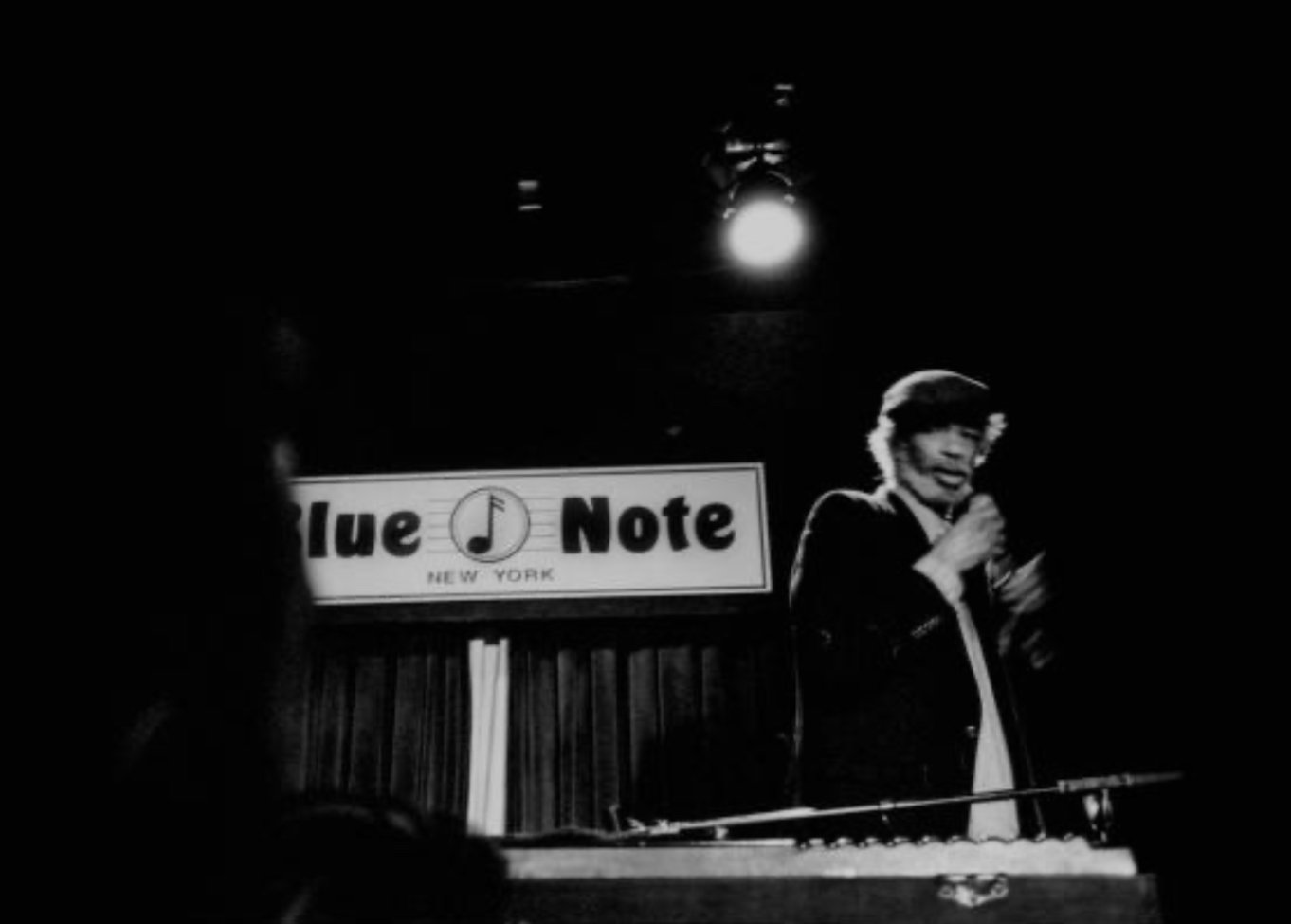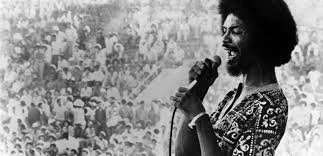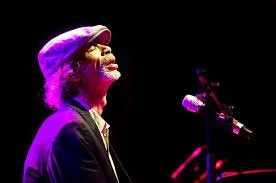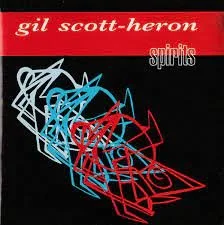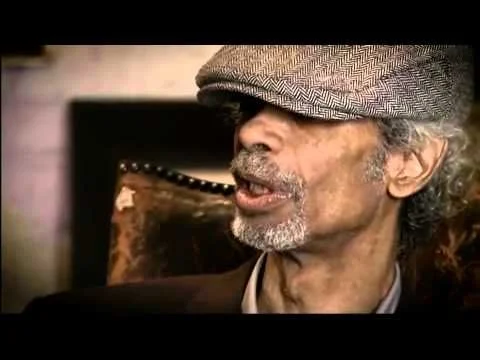Images may be subject to copyright
On this day, 11 August 1996, American jazz poet, singer, musician, and author Gil Scott-Heron played Cardiff’s Big Weekend.
Known for his work as a spoken-word performer in the 1970s and 1980s, his collaborative efforts with musician Brian Jackson fused jazz, blues, and soul with lyrics relative to social and political issues of the time, delivered in both rapping and melismatic vocal styles.
He referred to himself as a "bluesologist", his own term for "a scientist who is concerned with the origin of the blues". His poem "The Revolution Will Not Be Televised", delivered over a jazz-soul beat, is considered a major influence on hip hop music.
Scott-Heron's music, most notably on the albums Pieces of a Man and Winter in America during the early 1970s, influenced and foreshadowed later African-American music genres, including hip hop and neo soul. His recording work received much critical acclaim, especially for "The Revolution Will Not Be Televised".
AllMusic's John Bush called him "one of the most important progenitors of rap music", stating that "his aggressive, no-nonsense street poetry inspired a legion of intelligent rappers while his engaging songwriting skills placed him square in the R&B charts later in his career.




